Table of Contents:
Minister of Culture Heidy Purga: Both consistency and flexibility are important in the field of integration
Help celebrate cultural diversity!
The state supports the organisation of cultural and sports events in Ida-Virumaa
Language houses offer opportunities to learn Estonian also in summer
Speaking Estonian helps people to better adapt to the labour market here
A new book for learning Estonian I Found You at Last
We opened a Roma centre in Valga
Our new colleagues
Open calls for tenders and calls for proposals

Which challenges will you prioritise in the field of integration in your work as minister? How do we start creating a more cohesive society?
Both consistency and flexibility are important in the field of integration to achieve long-term results in a changing environment. We must look at the big picture and keep in mind how different courses of action support and complement one another. As for specific courses of action, I would like to highlight ensuring accessibility to learning Estonian, which, although involving various challenges, is essential for promoting integration in society. Here, we can do a lot by improving and developing online learning platforms and prioritising target groups.
The accessibility of adaptation programme training is important both for Ukrainian refugees as well as for foreigners having arrived in Estonia as part of regular migration. Furthermore, information on the programme must reach the right people.
Improving the quality of the Russian-language information space is also important. Banning Russian propaganda channels gave us the opportunity to shape information consumption in favour of high-quality media content in Russian created by the editors of Estonian media channels.
We will be paying special attention to Ida-Virumaa through several measures and programmes. The intention is to create more opportunities for people to communicate based on shared interests, be it in the field of culture or sports.
How can people and organisations contributing to integration support the expected innovations?
Integration takes place between people, so the more we cooperate, listen to each other, support each other, the more integrated we will be as a society. I am glad to see that the field of integration is full of bright-eyed and dedicated active people and organizations. The state can support and create conditions, but it is these people that are the driving force of integration. I am very grateful to everyone who teaches and supports, studies, is active in preserving and introducing their culture in national cultural societies and communities, as well as everyone keeping this system going.
What fascinates you about Estonia’s cultural diversity?
I am fascinated that my hometown Tallinn as well as Estonia as a whole is a meeting place of different cultures. Cultural diversity enriches our life even when we do not necessarily realise it ourselves – we enjoy dishes and music from different parts of the world, sometimes we happen to talk to a foreigner in love with Estonia in a café. It is in the field of music that I have experienced that different cultures are more important to Estonian people than we might imagine. Estonia’s own culture is highly diverse as well. I am glad that we get to re-discover cultural diversity and celebrate it next year as part of the thematic year.
What kind of activities do you think are important to get more people of different nationalities in Estonia work together?
Culture and sport have a very special ability to unite people. Culture is an environment of thoughts, something that binds society together. Sport values working together for a shared goal. Therefore, a concert, exhibition, physical effort, or performance experienced together is what unites people regardless of nationality. The Ida-Virumaa support measure, adopted at the beginning of May, was created based on this idea.

We will be celebrating Diversity Day in May, but also announcing a call for ideas to organise the Year of Cultural Diversity together.
Diversity Month is celebrated across Europe in May, and on 10 May, we celebrate Diversity Day in Estonia. We are all different in Estonia in terms of age, gender, views, interests, activities, skills, and cultural background. We complement and enrich each other by being different.
However, the year 2024 is the year of cultural diversity. Cultural diversity is precisely the value that unites the people of Estonia and we will focus on it in the next theme year initiated by the Ministry of Culture. To this end, let us to everything we can to help cultural diversity stand out in a special way and bring sparkle into people’s eyes. In other words, we will discover and share, value and create, and preserve and enrich the cultural particularities of our communities and peoples through everything that unites us: from experiences and myths to creation and the future.
Just as cultural diversity begins with each of us, the year dedicated to it also begins with our ideas. Therefore, feel free to think along with the theme year committee: submit your ideas on how to celebrate Estonia’s cultural diversity next year on the page www.integratsioon.ee/2024 until the end of June.
Cultural diversity is the face of all of us and next year will be our year!

From 3 May to 24 May, you can apply for support from the Integration Foundation for cultural and sporting events in Ida-Viru County that involve people with different language and cultural backgrounds in the Estonian cultural space.
To be eligible for state support, cultural and sports projects must organise at least three events, involve a minimum of 1,500 participants, and take place in Ida-Viru County until 31 October 2024. This year’s budget provided by the Ministry of Culture amounts to €1,000,000. The call for applications is conducted and coordinated by the Integration Foundation.
A local municipality or legal person can apply for a support of 25,000–200,000 euros. The Integration Foundation accepts applications from 3 May until 24 May 2023. The terms and conditions for applying for and receiving the support can be found on the website of the Integration Foundation.

The Estonian Language Houses of the Integration Foundation offer exciting language-learning opportunities for all learners during the summer season as well.
The language-learning and fashion project Moepööre (Fashion Revolution) of the Estonian Language House in Narva will come to an exciting end on 11 June with a fashion show on the stage of the Astri Centre starting at 4 p.m. The 11 teams participating in the project will present their sustainable fashion collections together with well-known Estonian fashion designers – come and enjoy!
During the summer, the Narva Estonian Language House also offers language-learning activities in the form of trips. For example, the Parents’ Club will introduce participants to the activities of the Läänemaa Upper Secondary School in Haapsalu, and the ‘Four Seasons’ series will introduce the culture of the Old Believers on the Onion Route in Peipsimaa. We also invite adults from Ida-Viru County and Harju County to language immersion camps, where they can learn Estonian, get to know Estonian places and culture, spend time with people who speak Estonian as their mother tongue, and develop their communication skills in various Estonian-language activities.
On the evening of 20 August, the Singing Picnic will be held in Narva. We invite families with picnic baskets and blankets to Joaorg at the foot of the Narva Fortress slope to spend some quality time listening to the concert and singing and dancing along. The headliner is a tandem choir from the Estonian Language House in Narva, and choirs and ensembles from Ida-Viru County will also perform. Large screens will allow participants to sing along and learn Estonian language and singing culture.
The Estonian Language House in Tallinn invites its students to explore Tallinn – we will visit the Pirita Convent, the Botanic Garden, and Kadriorg with an Estonian-speaking guide. There will also be a trip to the Estonian National Opera and the Song Festival Grounds Visitor Centre. Music lovers can enjoy a special course called ‘100 Years of Estonian Music’, where we will get acquainted with the works of Estonian composers and modern pop musicians.
In addition to discovering the attractions of Tallinn, those interested in the Estonian language will also have the opportunity to discover Estonian islands and beaches, take part in a forest planting day, go on a cultural trip to Narva or Viljandi, and hike along little-known nature trails with alpinist Alar Sikk.
For the second year in a row, we are also organising a family camp in Paldiski in July. The aim of the summer creativity camp is to learn Estonian through joint activities: listening, communicating, writing, and reading in Estonian, thereby learning new skills and making new friends. We will also be participating in the Paldiski Community Day and Maardu City Day – find our tent!
The event calendar of the language houses can be found here: www.integratsioon.ee/en/kalender. The language-practising events can be registered to via the self-service environment where all events of the current month are open for registration and the events of the following month are displayed for making plans.
The exciting projects of the language houses can also be kept up with on Facebook: become a follower of the language houses of Tallinn and Narva!

From this year, the Integration Foundation will focus even more on labour market services to support the competitiveness of people with different linguistic and cultural backgrounds through the work placement and internship programme and by advising employers.
An insufficient level of Estonian can weaken a person’s chances on the labour market, especially when applying for a job that requires fluency in the national language. In addition, organizations that speak only Estonian may be cautious in recruiting people of other nationalities because the employer does not have experience in supporting the learning of the Estonian language during work. Fewer opportunities to find a professional job, however, affect people’s general livelihood and do not promote the strengthening of their Estonian identity.
We are organising a public sector internship programme for students of different linguistic and cultural backgrounds. Good knowledge of the Estonian language and interest in internships is a prerequisite for applying. The internship will take place this autumn.
We are currently waiting for applications from public sector organizations that are ready to train interns in an Estonian-speaking environment. Additional information on the programme and on the information session organised for employers on 17 May can be found on the website praktikaprogramm.integratsioon.ee.
The labour exchange programme for practicing the Estonian language provides an opportunity for people working in a predominantly Russian-speaking environment to practice Estonian in an Estonian-speaking organization in the same field. Preparations are currently underway; the first language missions are planned to be piloted at the end of 2023.
Counselling of employers. Many employers recruit people from different cultural backgrounds who know little to no Estonian. The Integration Foundation advises employers on how to organise Estonian language learning at the workplace or to guide the employee to a suitable language course, and how to motivate them to use the Estonian language in both the work environment and in leisure activities. Employers can register for counselling by writing to info@integratsioon.ee.
The labour exchange and internship programmes are co-funded by the European Union.

The Integration Foundation presented the basal reader I Found You at Last prepared in cooperation between the teachers of the Estonian Language House in Narva and language learners living in different parts of Estonia. The online version of the new book is available free of charge.
The new book tells funny and unusual stories about the language studies of language learners. The engaging stories are followed by exercises to help you better understand the cultural background of the story or some grammatical aspect of the Estonian language.
The reader was created as part of the project Let us write a book TOGETHER! of the Estonian Language House of the Integration Foundation in Narva. In the project, 70 people shared their fun misadventures while learning Estonian. Marta Dolgošev and Pille Maffucci, teachers at the Estonian Language House, worked through the stories and arranged them for the fictional characters Adam and Eve in a total of 25 different scenes.
The book is a support tool for advanced learners of Estonian and an enjoyable read for anyone interested in the peculiarities of the Estonian language. The texts are easier to read than fiction and intermediate and advanced learners of Estonian can use the book in addition to other study materials. Estonians, however, can learn from the stories how it is to study Estonian.
The book will be available free of charge on the website of the Integration Foundation.
Print copies will be distributed to major libraries and to the language learning partners of the Integration Foundation. The book will be printed in 800 copies.

In Valga, the city with the largest Roma community in Estonia, the Integration Foundation opened a centre where Roma children and young people are provided support in acquiring education and opportunities for spending time outside school.
The centre, which was opened on 6 April, is a part of the mentoring service of the Integration Foundation, which is a bridge between the Roma community and Estonian society that develops relations. The centre on Jakobi Street in Valga has a nearly 150 m² classroom and a hall suitable for practising Roma dance. There, children and young people can take part in dance classes, Estonian language lessons, and learning support classes, as well as meetings organised to introduce Roma culture.
The centre was opened with the participation of the Roma community by the Undersecretary for Cultural Diversity of the Ministry of Culture, Eda Silberg, the Rural Municipality Mayor of Valga, Monika Rogenbaum, and the Head of Cultural Diversity Activities of the Integration Foundation, Ave Härsing. The opening party featured a performance by the Valga Roma youth dance group ‘Shukar Roma’.
In the first months of the year, the Integration Foundation has been joined by a number of new talented professionals. Let us get to know them!
 Ivan Polynin, Head of Research Activities. As the Head of Research Activities, Ivan will coordinate the planning and implementation of analytical activities needed to achieve the objectives of the Foundation, handle ongoing data collection, and organise our pride and joy, the International Integration Conference.
Ivan Polynin, Head of Research Activities. As the Head of Research Activities, Ivan will coordinate the planning and implementation of analytical activities needed to achieve the objectives of the Foundation, handle ongoing data collection, and organise our pride and joy, the International Integration Conference.
Ivan is a political scientist and is currently a PhD student in the same field at Tallinn University. Ivan is one of the authors of the Estonian Integration Monitoring 2020. In his previous position as an international relations specialist at the Narva College of the University of Tartu, he was involved in supporting the adaptation of international students.

Katrin Maiste, Head of Labour Market Activities. Katrin is responsible for the development of labour market activities supporting the employability of people from different linguistic, cultural, and migrant backgrounds. This includes, for example, the management of the public sector traineeship programme and the launch of a labour mobility programme, which gives employees with a different mother tongue the opportunity to work in an Estonian-speaking environment.
Katrin has studied Danish and Estonian at the University of Tartu, and is currently completing her master’s degree in Human Resource Management at Tallinn University of Technology. Her current activities are well supported by her experience in the Human Resources Department of Omniva and at the Estonian Institute.
 Ann Lind-Liiberg, Head of Service Activities. Ann will create a fully functioning holistic set of integration services by analysing and improving existing services, creating a concept for future services, and helping to guide digital developments in the area.
Ann Lind-Liiberg, Head of Service Activities. Ann will create a fully functioning holistic set of integration services by analysing and improving existing services, creating a concept for future services, and helping to guide digital developments in the area.
Ann has a master’s degree in Social Work from Tallinn University. She has also been a social worker at the Tallinn Kopli Children’s Shelter and a probation officer at the Harju County Court and Tallinn Prison. In addition, she helped to design and launch new services in the Children and Families Department of the Ministry of Social Affairs and the Child Welfare Department of the Social Insurance Board.
 Mari Sieberk, Head of Language Learning Support Activities. Mari is responsible for creating an environment that motivates learners to practise the Estonian language, developing and implementing activities and programmes that support language learning for the target group, and finding and implementing innovative language-learning solutions.
Mari Sieberk, Head of Language Learning Support Activities. Mari is responsible for creating an environment that motivates learners to practise the Estonian language, developing and implementing activities and programmes that support language learning for the target group, and finding and implementing innovative language-learning solutions.
Mari graduated from Tallinn University with a degree in Information Science. As a big book lover, she has worked in both development and communication at the Tallinn Central Library for a long time.
At the beginning of May, we announced the application round described above – ‘Support for cultural and sports events in Ida-Virumaa that promote integration’. We are awaiting support applications for it until 24 May.
The public tender ‘Commissioning the organisation service of an international integration conference’ and the application round ‘2023 application round for self-initiated projects aimed at Estonian foreign communities’ are open until 25 May.
The application round ‘Payment of return allowances’ will be open throughout the year.
We will announce a public procurement to find a partner for managing the website during the next three-year period.
Information on the announced calls is published on the Integration Foundation's website.

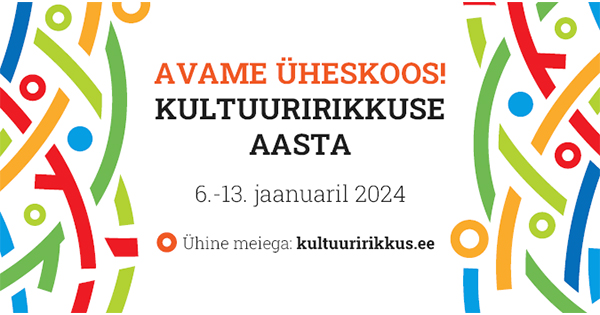
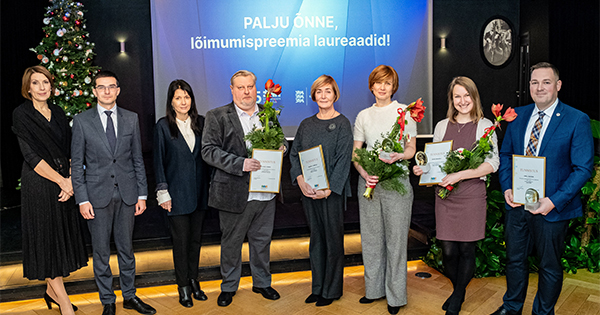
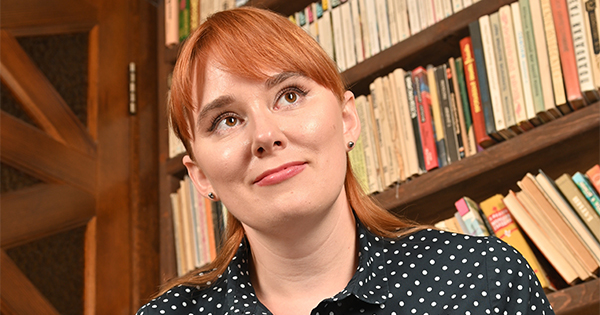

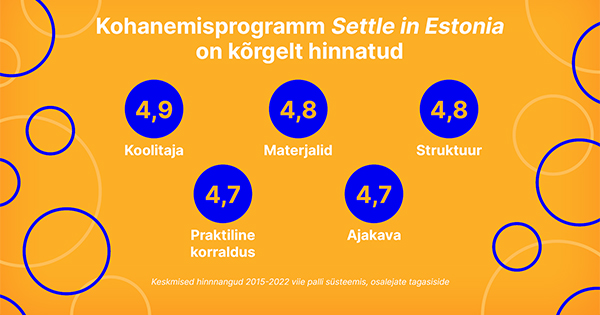

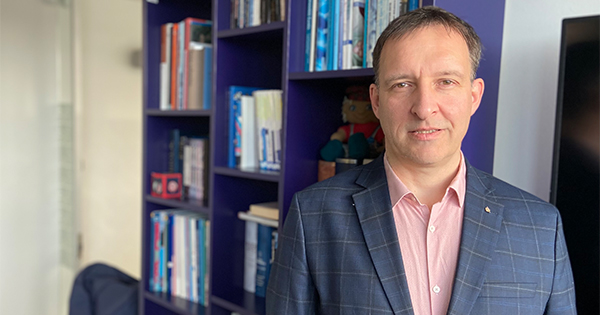

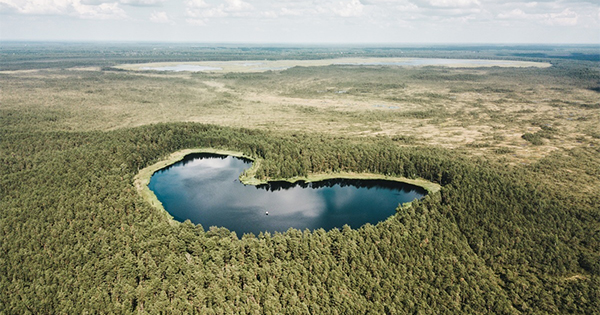



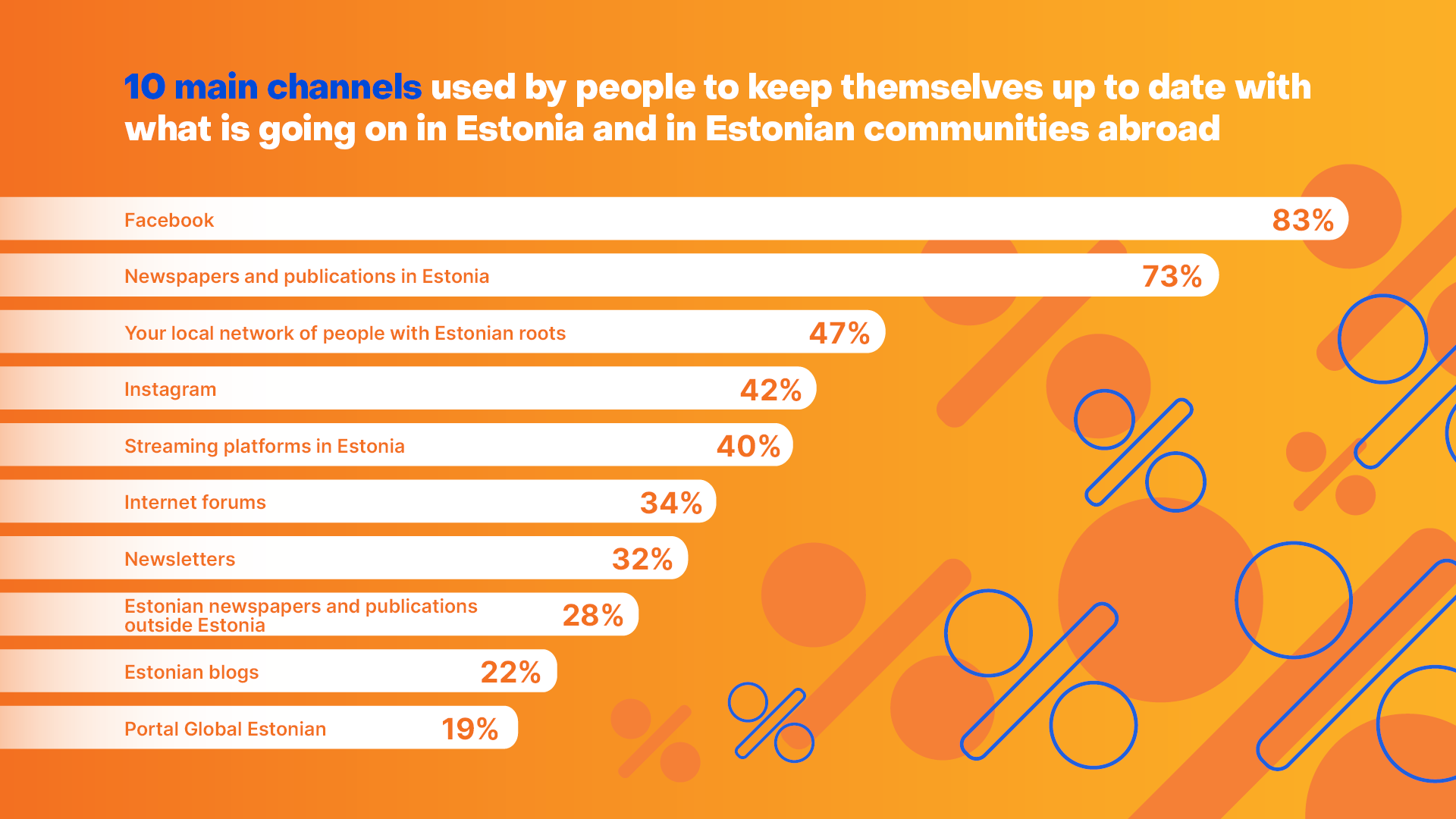







 Ivan Polynin, Head of Research Activities. As the Head of Research Activities, Ivan will coordinate the planning and implementation of analytical activities needed to achieve the objectives of the Foundation, handle ongoing data collection, and organise our pride and joy, the International Integration Conference.
Ivan Polynin, Head of Research Activities. As the Head of Research Activities, Ivan will coordinate the planning and implementation of analytical activities needed to achieve the objectives of the Foundation, handle ongoing data collection, and organise our pride and joy, the International Integration Conference.
 Ann Lind-Liiberg, Head of Service Activities. Ann will create a fully functioning holistic set of integration services by analysing and improving existing services, creating a concept for future services, and helping to guide digital developments in the area.
Ann Lind-Liiberg, Head of Service Activities. Ann will create a fully functioning holistic set of integration services by analysing and improving existing services, creating a concept for future services, and helping to guide digital developments in the area. Mari Sieberk, Head of Language Learning Support Activities. Mari is responsible for creating an environment that motivates learners to practise the Estonian language, developing and implementing activities and programmes that support language learning for the target group, and finding and implementing innovative language-learning solutions.
Mari Sieberk, Head of Language Learning Support Activities. Mari is responsible for creating an environment that motivates learners to practise the Estonian language, developing and implementing activities and programmes that support language learning for the target group, and finding and implementing innovative language-learning solutions.
 We are working in partnership with thousands of people. To get an idea of what has been done so far, take a look at the photo gallery we put together with the people involved. These many captured moments tell more than words about our shared history.
We are working in partnership with thousands of people. To get an idea of what has been done so far, take a look at the photo gallery we put together with the people involved. These many captured moments tell more than words about our shared history.
 As knowing the language and culture creates the best basis for adapting to a society, we have offered several exciting opportunities to this end. How do our partners and customers remember family learning, language cafés, culture courses, and much more?
As knowing the language and culture creates the best basis for adapting to a society, we have offered several exciting opportunities to this end. How do our partners and customers remember family learning, language cafés, culture courses, and much more?


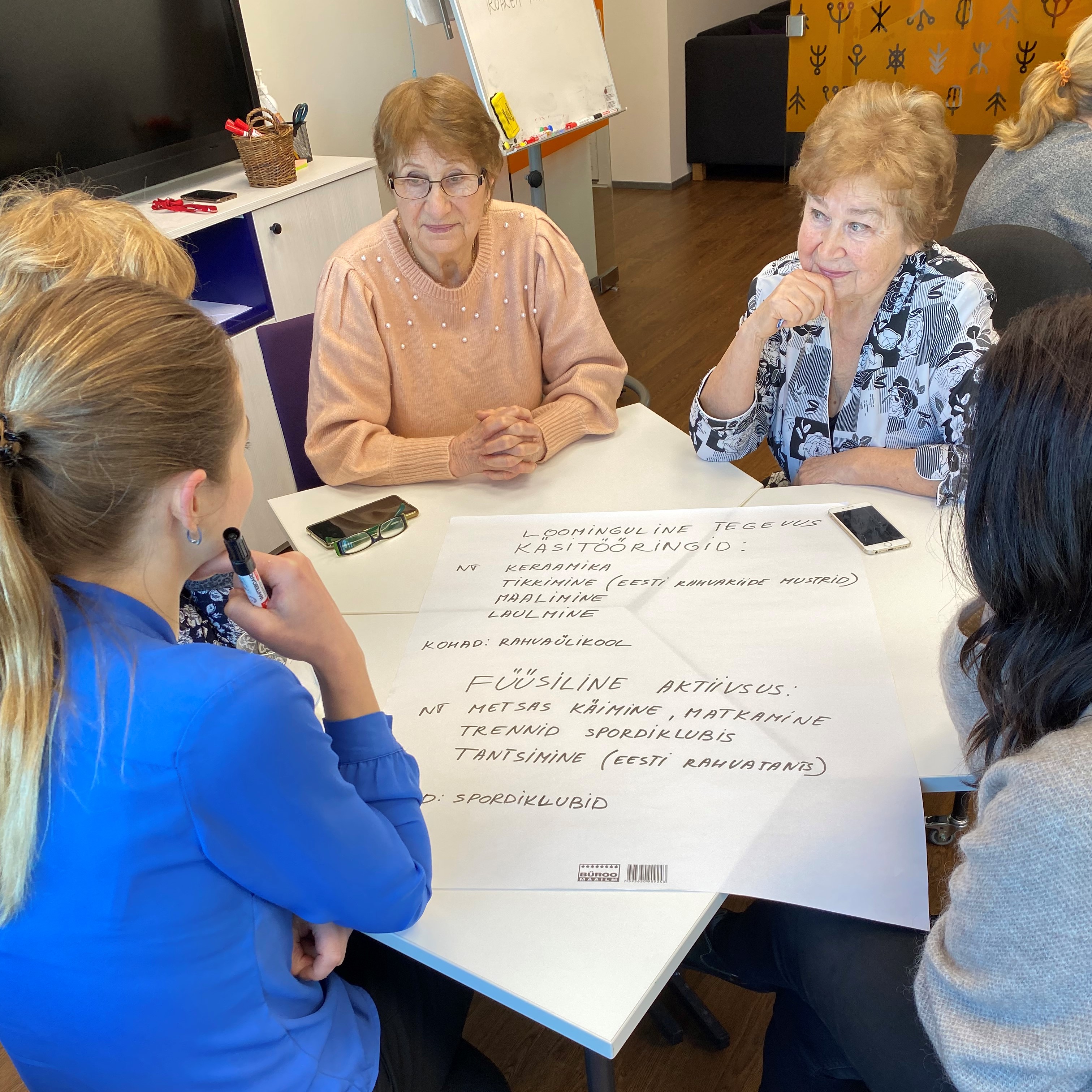
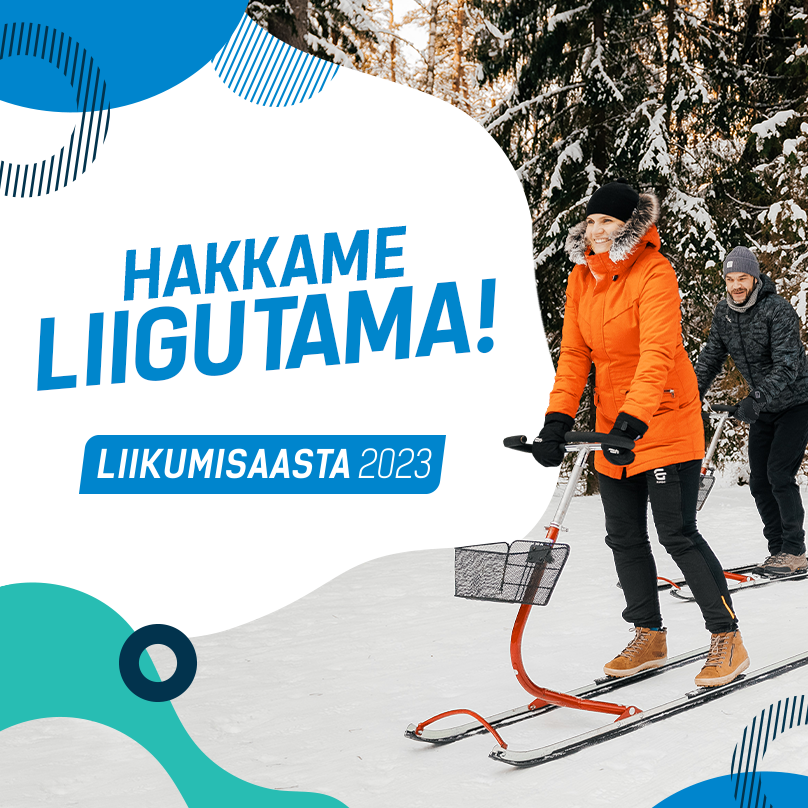

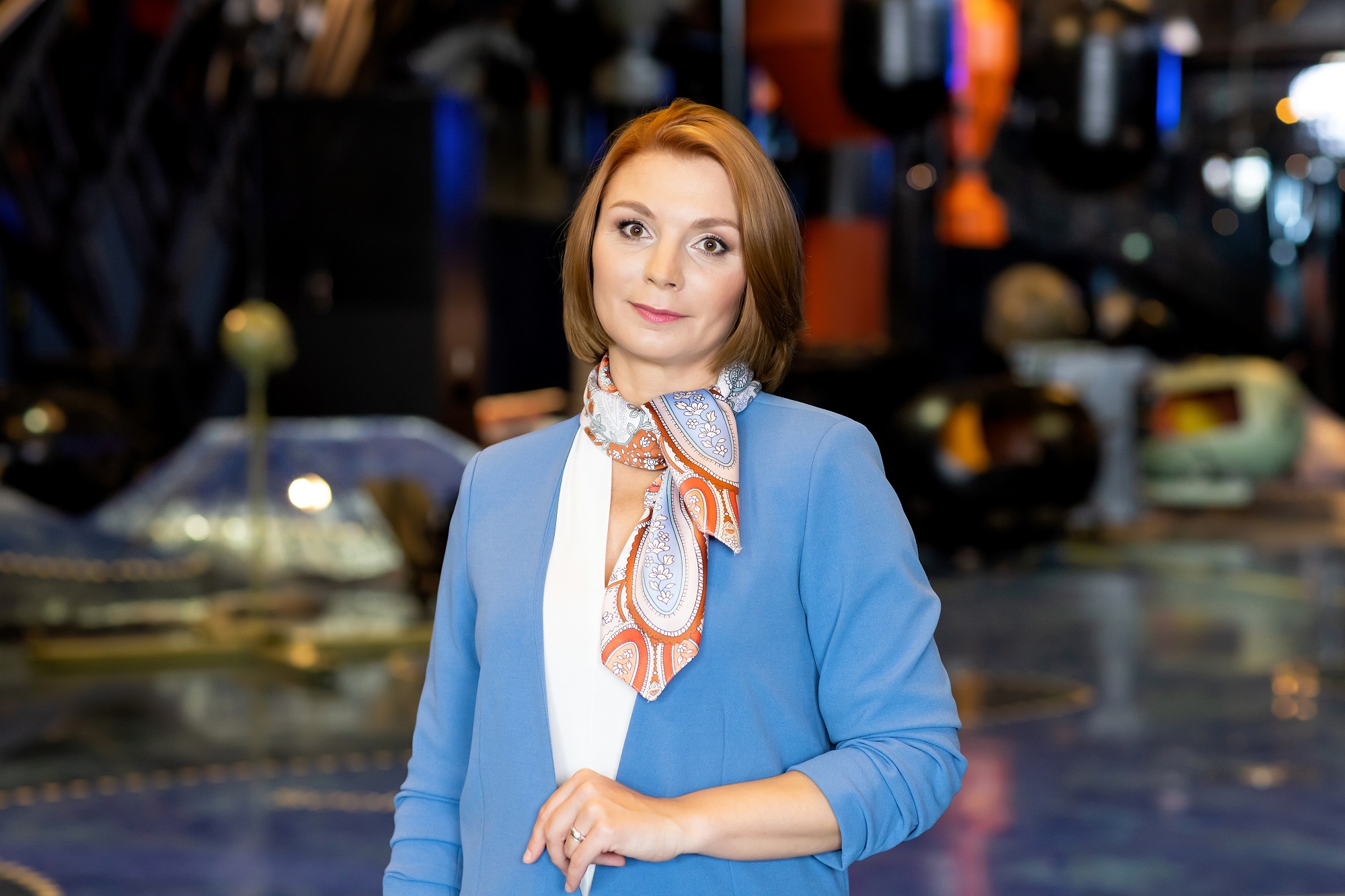
 This year, the Estonian Language Houses of the Integration Foundation have made efforts to bring their activities closer to the target group. That is why the Estonian Language Houses in Narva and Tallinn are offering Estonian language and culture studies on site in the Lüganuse and Lääne-Harju rural municipality, respectively. Communicative language learning is conducted in Estonian using active learning methods.
This year, the Estonian Language Houses of the Integration Foundation have made efforts to bring their activities closer to the target group. That is why the Estonian Language Houses in Narva and Tallinn are offering Estonian language and culture studies on site in the Lüganuse and Lääne-Harju rural municipality, respectively. Communicative language learning is conducted in Estonian using active learning methods. The Integration Foundation organized a conference 'Together or Apart: Searching for the Middle Ground' in Tallinn on 10 & 11 November. The event brought together internationally recognised experts from Finland, the United Kingdom, Germany, the Netherlands, Belgium, Ireland and of course Estonia.
The Integration Foundation organized a conference 'Together or Apart: Searching for the Middle Ground' in Tallinn on 10 & 11 November. The event brought together internationally recognised experts from Finland, the United Kingdom, Germany, the Netherlands, Belgium, Ireland and of course Estonia. 
 The information campaign carried out by the Integration Foundation in October was especially successful this year due to increased active interest and resulted in a larger number of applications to sign a Language Learning Contract than usual.
The information campaign carried out by the Integration Foundation in October was especially successful this year due to increased active interest and resulted in a larger number of applications to sign a Language Learning Contract than usual.